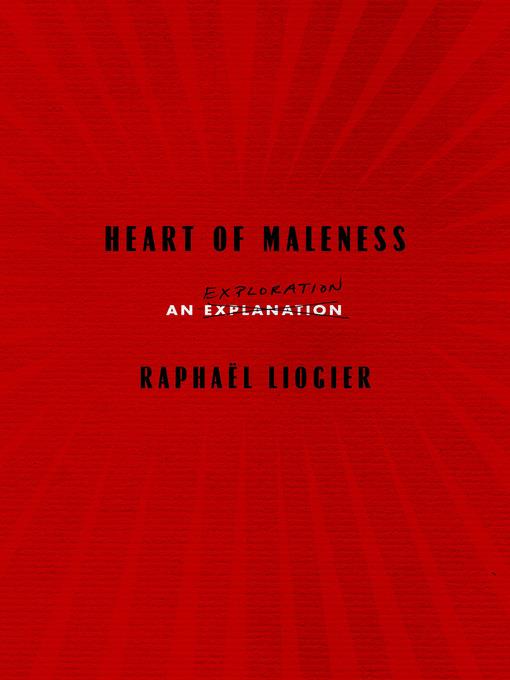
Heart of Maleness
An Exploration
کتاب های مرتبط
- اطلاعات
- نقد و بررسی
- دیدگاه کاربران
نقد و بررسی

October 7, 2019
French philosopher Liogier makes his English-language debut with an incisive critique of the Western cultural construct of “maleness.” He traces ideas of virility and its “negative corollary,” femininity, to the archaic practice of “measuring a man’s status by the number of women he possesses,” and argues that in order to solve gender inequality society must break down the “fantasy” of male dominance. Classifying serial abuser Harvey Weinstein as an example of “Don Juanism” (the systemic denial of women’s free will and right to pleasure), Liogier calls on readers to assign a “transcendental value, unquestionable a priori” to a woman’s consent, rather than accepting the Hollywood stereotype that she can never fully express her own desires. He believes that the patriarchal system is in its “death throes,” and offers French president Emmanuel Macron’s marriage to a woman 25 years his senior as an example of a liberated relationship in which feminine and masculine identities are “transvalued,” rather than erased. Liogier doesn’t address how activism might help to enact the wholesale social changes he believes are necessary, and some philosophical concepts could be better defined. But as a call for men to reexamine the ways they’ve “been conditioned to view and desire women,” this short book achieves its goals.

November 1, 2019
A French philosopher and sociologist examines femininity as constructed by the dominant and destructive "Weinsteinian masculinity that still remains dominant." Liogier, who teaches philosophy in Paris, reflects on how "archaic [masculinity has] focused on the mastery of the [female] other while blinding [itself] with the fantasy of the transcendence of the [male] self." He writes from the perspective of a white male heterosexual disgusted by the actions of other white heterosexual men like Harvey Weinstein who is also aware of the misogyny embedded in how he has been "conditioned to view and desire women." The global #MeToo movement, he writes, was not simply an example of the mobilizing power of the internet, but a historic groundswell that signaled recognition of a "transcendental subjectivity" that transformed women from objects of male desire to subjects demanding equality before the law. Liogier then deconstructs the myth of "Prince Charming." Based on a 14th-century folktale about a princess raped in her sleep by a king, the myth suggests that rape is not only a "blessing," but the means by which the princess is "enabled to awaken to her true life" as a woman. Such stories are only reflections of a capitalist Western culture in which females have been denied the enjoyment of their own corporeality. Women are valuable only for the wealth, power, and/or status they bring to men. Such modern developments as the internet now allow females to not only express themselves en masse; they also permit women to undermine masculine control of their bodies as they pursue their own pleasure and self-empowerment. This new situation, writes the author, leaves heterosexual men forced to redefine their "ambitions as men, our fantasies as men, our behavior as men, our desires as men." While Liogier's work does not offer new insights into gender, it is still important for what it reveals about how modern gender movements have impacted the way respectful heterosexual men perceive themselves and their relationship to women. A brief but thoughtful, topical read.
COPYRIGHT(2019) Kirkus Reviews, ALL RIGHTS RESERVED.

























دیدگاه کاربران